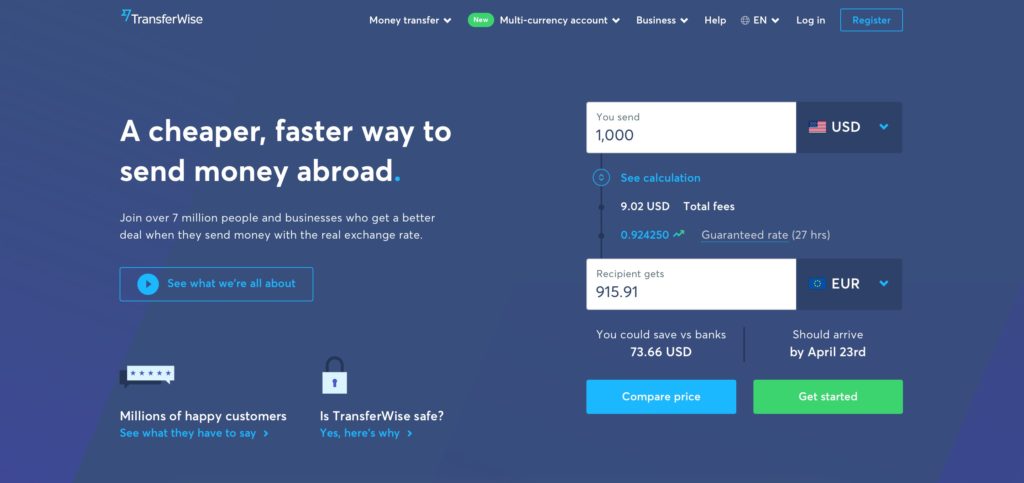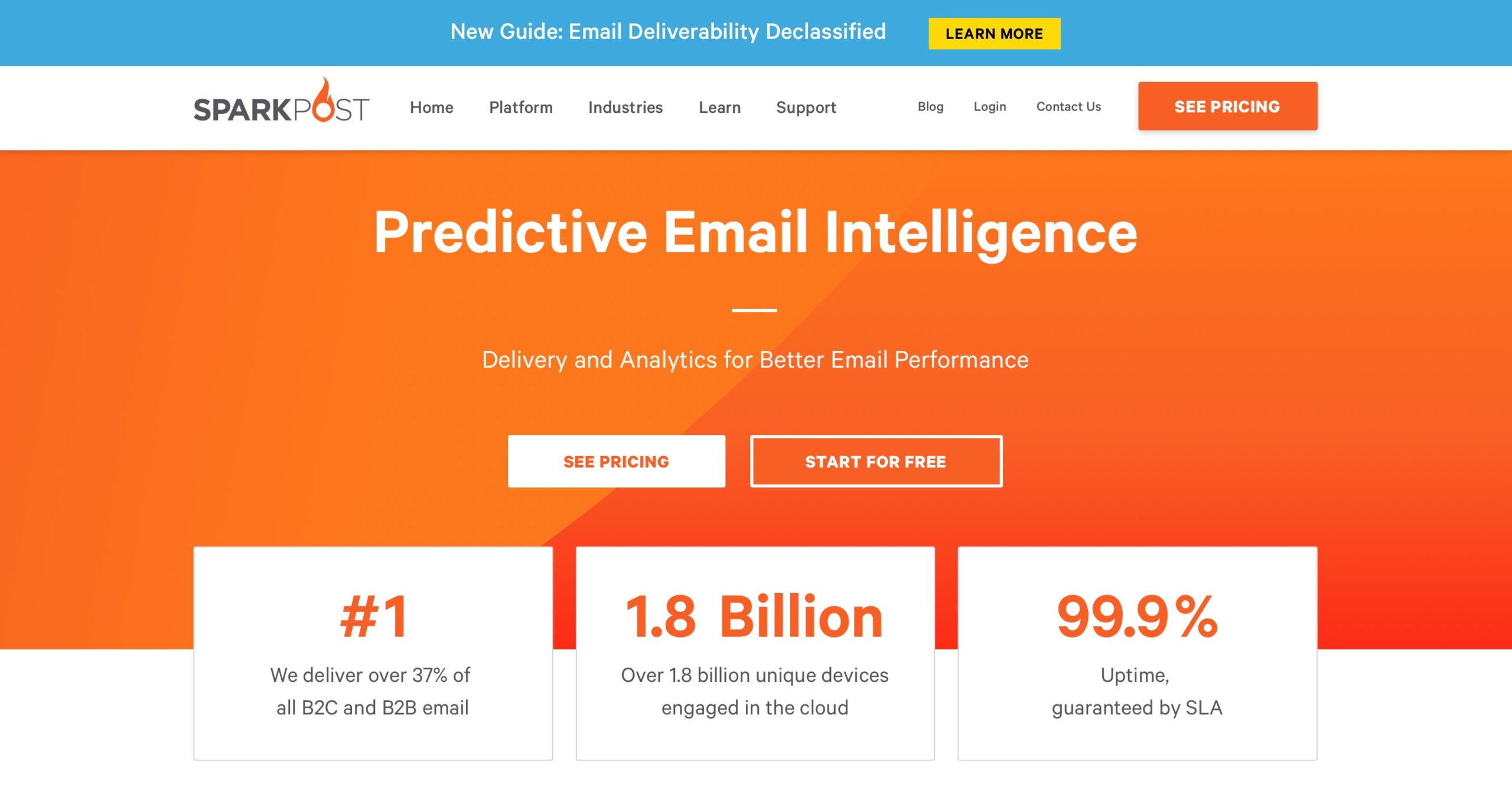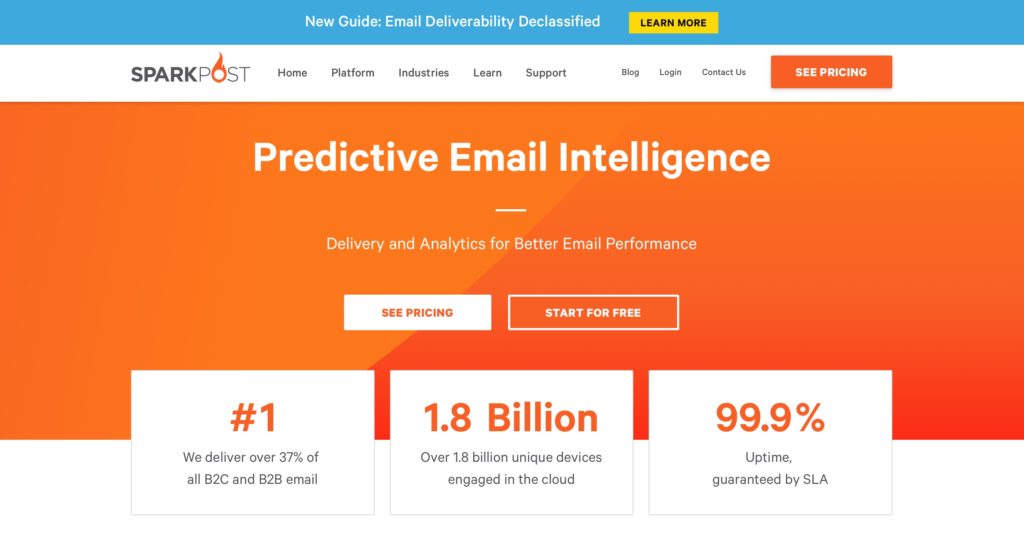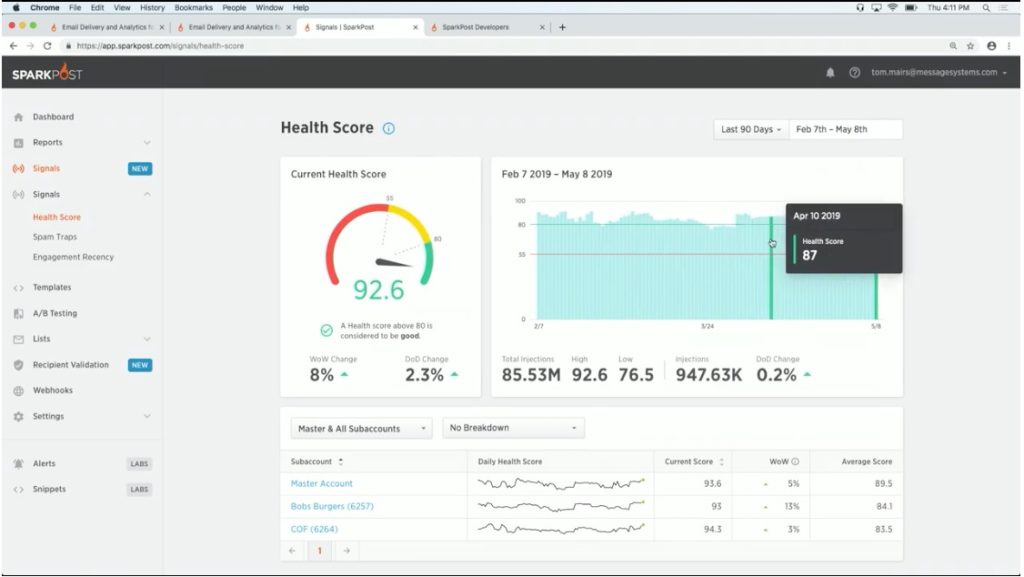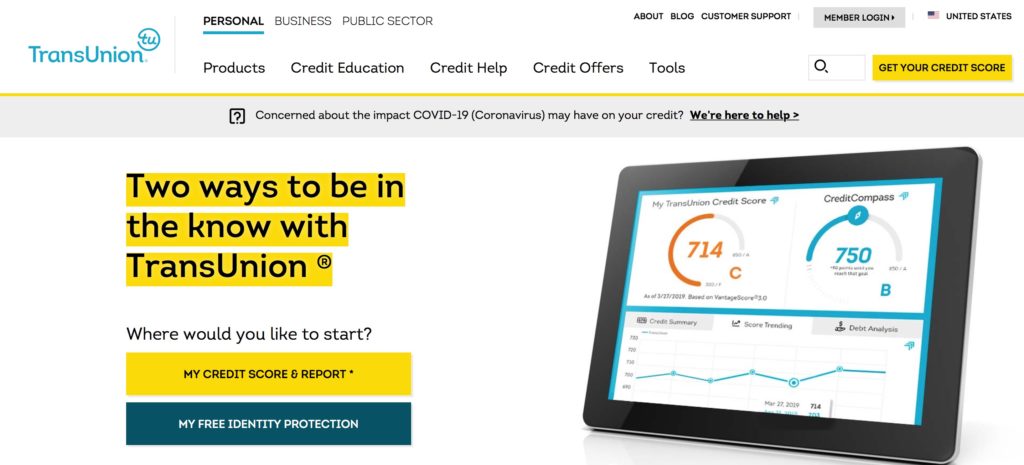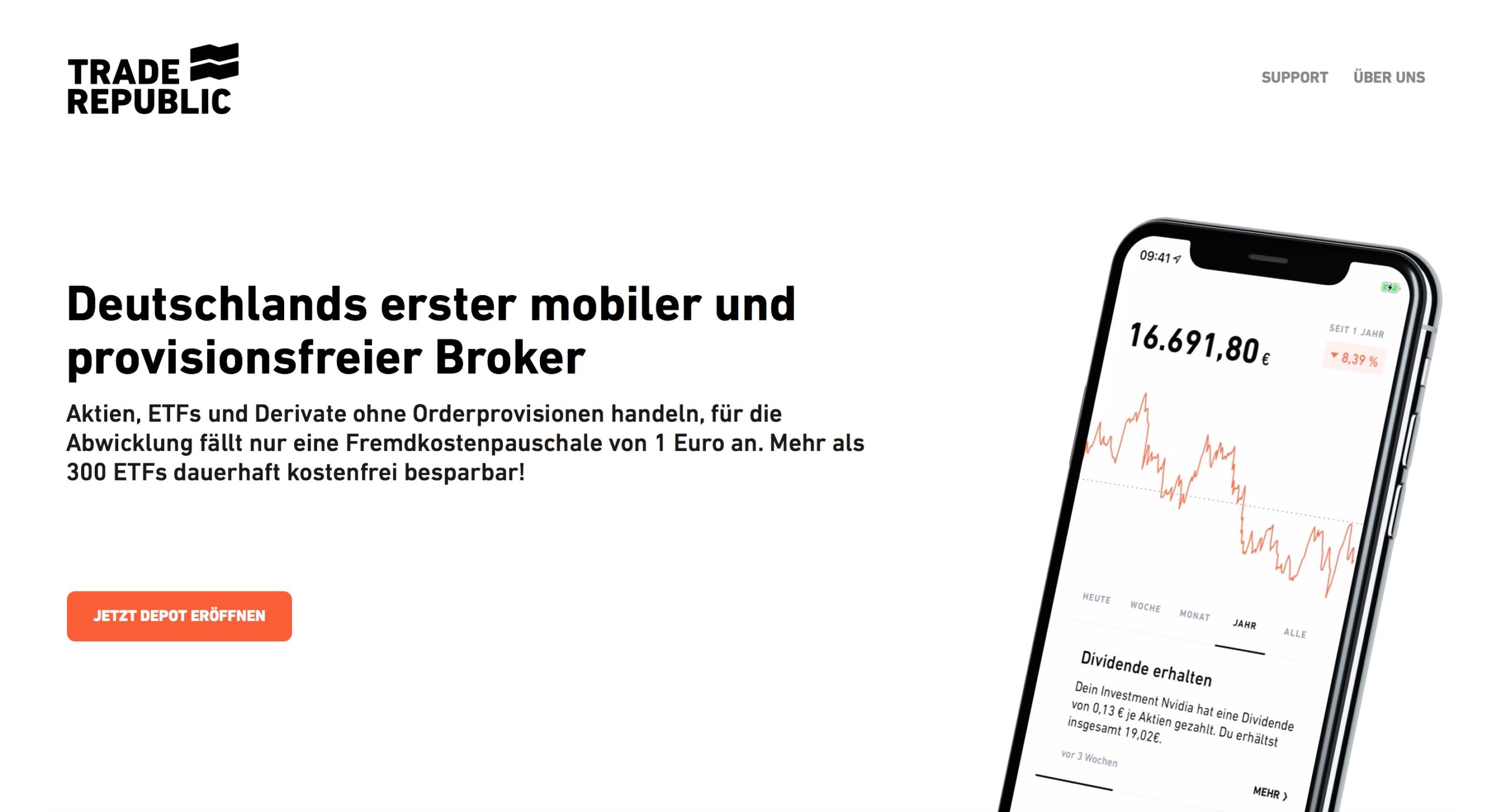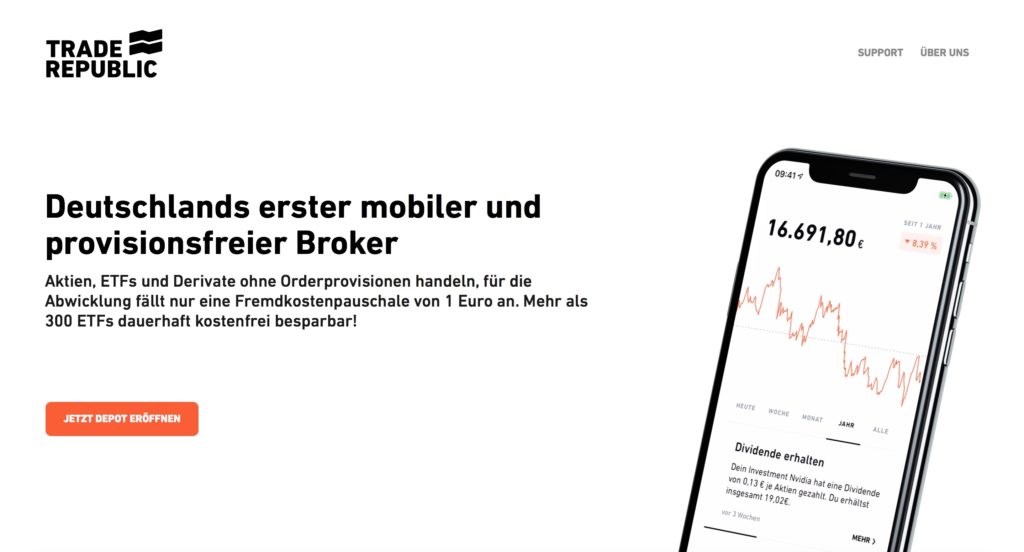
Commerce monetization company Empyr announced this week it has been acquired by its long-time partner Augeo, a loyalty and engagement firm. Financial terms of the deal were undisclosed.
Under the agreement, Empyr will rebrand as Figg, combining Augeo’s card-linking technology with Empyr’s publisher experience. Figg will benefit from Augeo’s existing 60 million users and $300 billion in transaction volume for loyalty offers.
Empyr launched in 2011 and has since raised $48.2 million in funding. The company’s API relies on data partnerships with VISA, Mastercard, and American Express to power card-linked loyalty rewards for offline businesses.
“While the timing might seem counter-intuitive, we believe there is an urgent need to bring advanced technology and more encompassing advertiser offer content to consumers seeking greater value,” said Augeo CEO David Kristal. “Some retail sectors like grocery, household essentials and health-related products are near capacity, while the travel industry, hospitality, restaurants and many local service businesses are battling to stay afloat. As things begin to improve, Figg will be uniquely positioned to connect consumers with advertisers to help accelerate commerce in the U.S. market.”

Valor Siren Ventures provided an undisclosed amount of financial support. “This is a compelling combination, to have VSV lead with new capital invigorating the operational and technology investments made by Augeo and Empyr in recent years,” added Bill Ruh, former Chairman of Empyr.
Kristal, who is also Executive Chairman of Figg, said the company chose the name Figg because it reflects its mission. “Figs define persistence and reflect the enduring quality that we felt spoke to our adaptability, sustenance and resolve,” he said.
The name also demonstrates the company’s adaptability, which is especially relevant in a time of pandemic. “Augeo was first launched during challenging times, and that experience has fortified our ability to press through adversity and grow. Today, we are looking through this current challenging time toward the “next normal.” We have a unique strategic focus around cash preservation coupled with ingenuity, adaptability and where possible, growth,” added Kristal.






